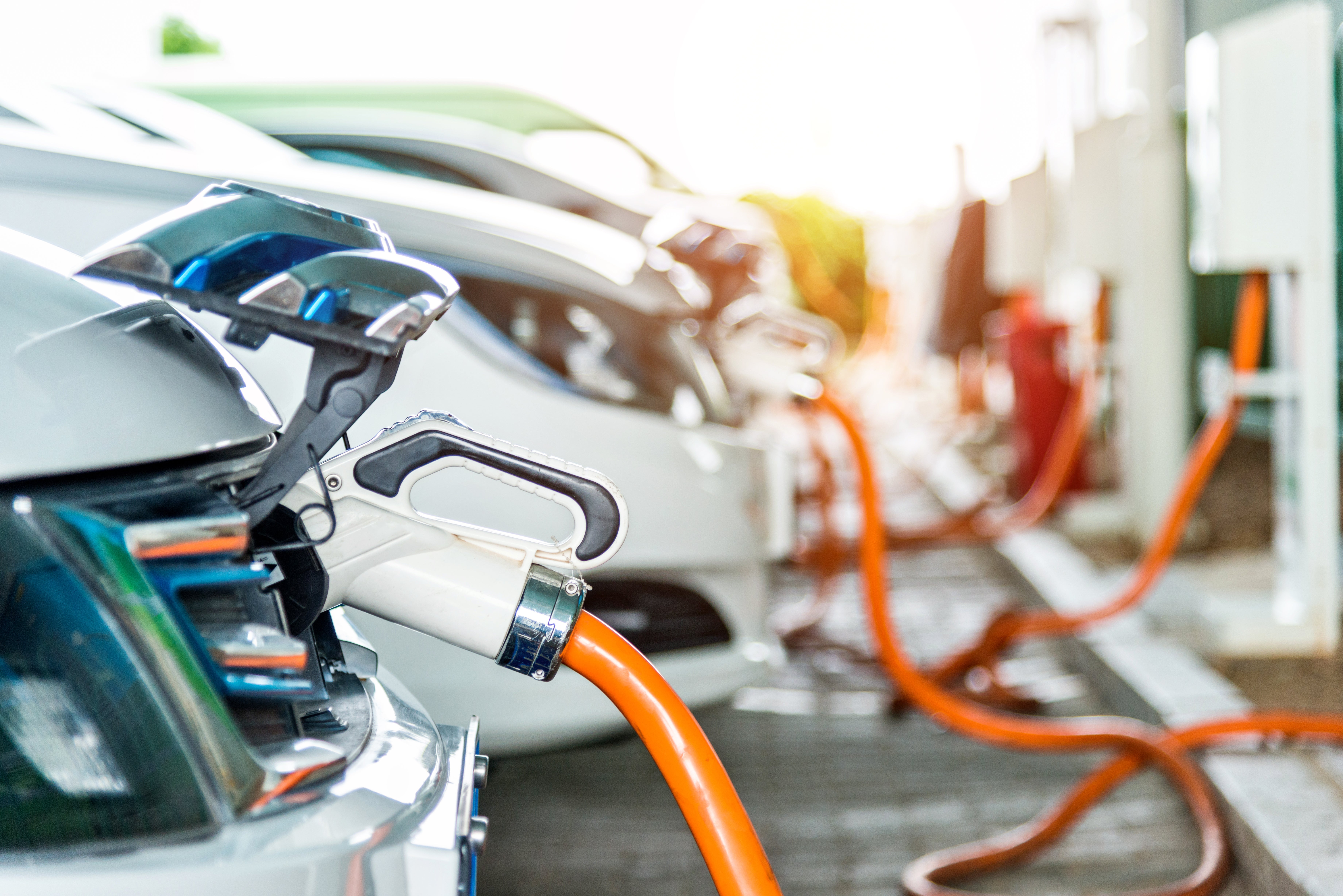‘Smart’ charging could make electric cars even more sustainable and save drivers money, trial finds
Drivers could save £110 per year and reduce their carbon footprint while charging by one fifth, the study found.

Your support helps us to tell the story
From reproductive rights to climate change to Big Tech, The Independent is on the ground when the story is developing. Whether it's investigating the financials of Elon Musk's pro-Trump PAC or producing our latest documentary, 'The A Word', which shines a light on the American women fighting for reproductive rights, we know how important it is to parse out the facts from the messaging.
At such a critical moment in US history, we need reporters on the ground. Your donation allows us to keep sending journalists to speak to both sides of the story.
The Independent is trusted by Americans across the entire political spectrum. And unlike many other quality news outlets, we choose not to lock Americans out of our reporting and analysis with paywalls. We believe quality journalism should be available to everyone, paid for by those who can afford it.
Your support makes all the difference.Electric car drivers could save over £100 per year by using “smart charging” to fuel their cars, a new study has found.
“Smart charging” is when users consume electricity when demand is low, which avoids putting a strain on the national grid.
This includes using energy at night, in the early hours of the morning, or when there is a lot of renewable energy on the grid.
The study, which was conducted by the FRED project (Flexibly Responsive Energy Delivery) led by Evergreen Smart Power, sought to find a way to stop the grid being overloaded during peak periods.
“Our data predicts that a typical EV charger could earn £110 per year by stacking savings from half-hourly settlement of smart-charged EV charging electricity volumes (£66) and revenues from ongoing participation in balancing and flexibility markets (£44)”, the researchers wrote.
It also found that using smart charging technology could also reduce the carbon footprint of car charging by up to 20 per cent.
With the help of 250 testers who already had electric vehicles, the researchers monitored and managed their charging habits with an algorithm that shifted charging times to maximise efficiency and minimise costs.
They found that “drivers are broadly supportive of the concept of smart charging, but are keen to have real-time visibility and the feeling of full control”, as well as needing “certainty as to EV running costs and the savings accessible by smart charging.”
Charging vehicles in the early evening was always found to be expensive, but windy afternoons - with more renewable power - was a suitable time.
The best time to charge devices was after 4am, but the study claims that without smart technology it is difficult to incentivise this.
“The main technical barrier preventing a good smart charging experience is the availability of information concerning a vehicle’s state-of-charge”, the study says.
Using a dedicated app helped users understand the benefits of smart charging, as long as there was a high level of detail about energy consumption history and savings - and if users felt a similar app for a commercial product was trustworthy.
However, the system was often “overly cautious” because it could not directly act on a participant’s needs, with the researchers arguing that demonstrations of the technology being used at scale with a dedicated user interface was necessary.
“Our research showed that smart charging using the platform can make a big difference, even where people are already charging efficiently. It cuts the cost and the carbon for cheaper, cleaner driving”, Peter Bullock, a project manager at Evergreen, said in a statement.
“In our emerging green energy system, the energy we generate – for example through wind and solar – can be variable. Luckily, with electric cars, it is easy to be flexible with the times we consume energy. This is where smart charging is crucial, helping us create an energy system that is both low-carbon and efficient.”
Join our commenting forum
Join thought-provoking conversations, follow other Independent readers and see their replies
Comments